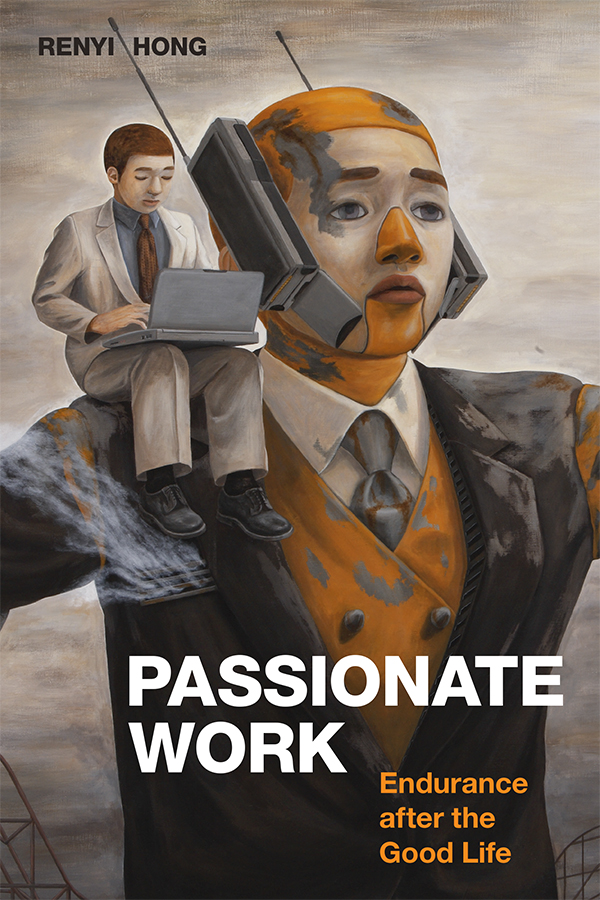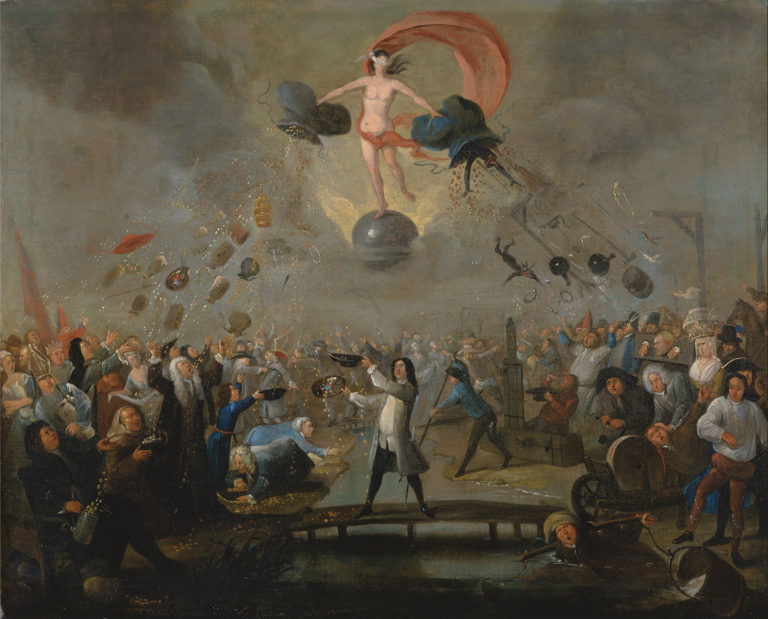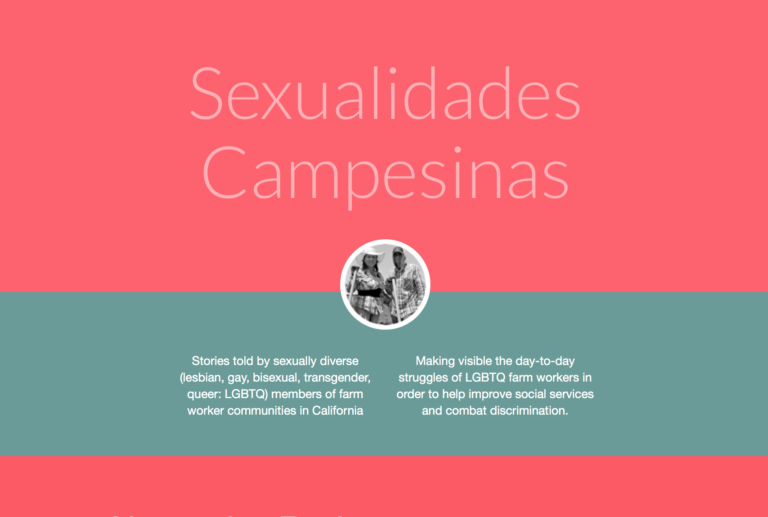In Passionate Work, Hong argues that passion at work is an affective structure perpetuated by capitalism to maintain its injustices and discipline workers. Examining historical managerial texts and ideology, career guides, social scientific work on unemployment, networking advice, software protocol, and office furniture, Hong shows how these are sites where discourses of passion are embedded, used to sustain and discipline bodies for work. The book draws attention to how the demand to be “passionate about work” is naturalized and internalized, calling attention to the ways that passion serves to obscure inequalities.
Keyword: work
Historicizing Basic Income: Response to David Zeglen
This piece argues that Basic Income is, and has never been, a simple “common sense” or “spontaneous” idea for those who want to struggle against poverty. In fact, it but the product of a profound shift in how we thought about the social question since the late 19th century. A shift that, by the mid-sixties, made cash transfers and the price system the main tool when thinking about redistribution against collective provision or more state-centered approaches.
Species-Beings in Crisis: UBI and the Nature of Work
Marx famously argued that labor, under capitalism, alienates humans from not only the products of their labor, but from their very nature. Further, capitalist labor presents a “double freedom” for the worker that is, of course, anything but free: the freedom to either work for an exploitive boss, or to refuse, and starve. UBI would seemingly allow for way out of such a conundrum, but would it also open the door to allow humanity to regain their status as “species-beings”? I explore the idea of UBI as presenting an opportunity for meaningful work and a subversion of the logic of capital. Does UBI indeed grant workers more freedom, or does it merely contribute to the continued denigration of social relations under capital?
Ethics, Collaboration, and Knowledge Production: Digital Storytelling with Sexually Diverse Farmworkers in California
This article outlines the digital storytelling methods used for a community based research project focused on issues of sexuality among California farmworkers: Sexualidades Campesinas. We note how our process of collaboration in the creation and production of digital stories was shaped by the context and our envisioned storytellers. We then offer a critical analysis of our own unique experience with digital storytelling in this project, focusing on a handful of concepts key to understanding the nature of our collaborative production process: community, affect and collaboration, storytelling, performance, and mediation, with an eye to the problem of ethics.



